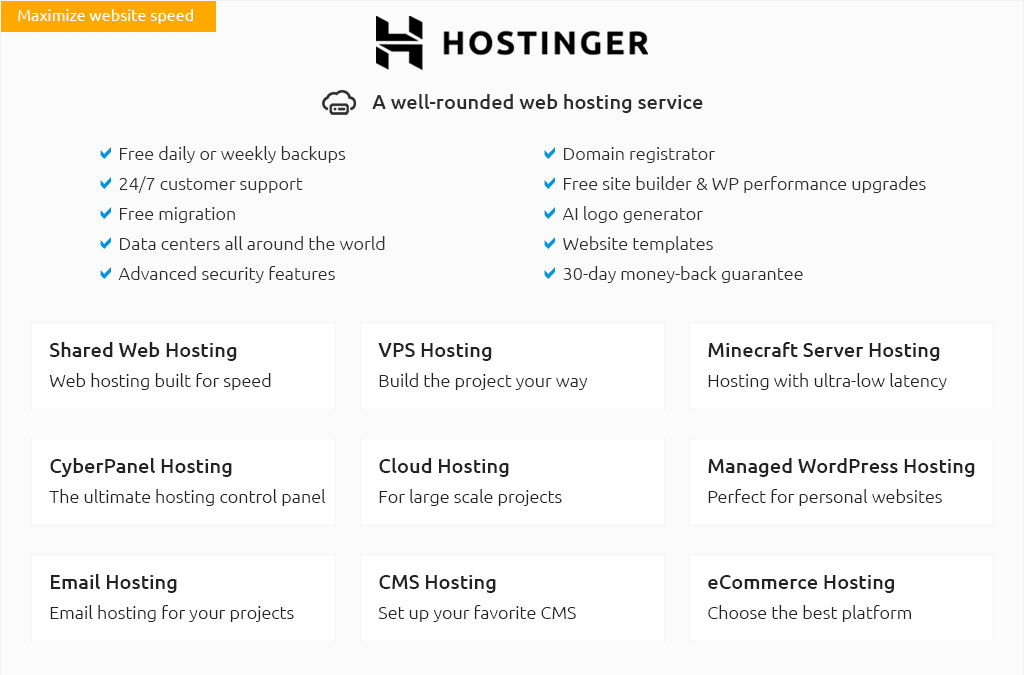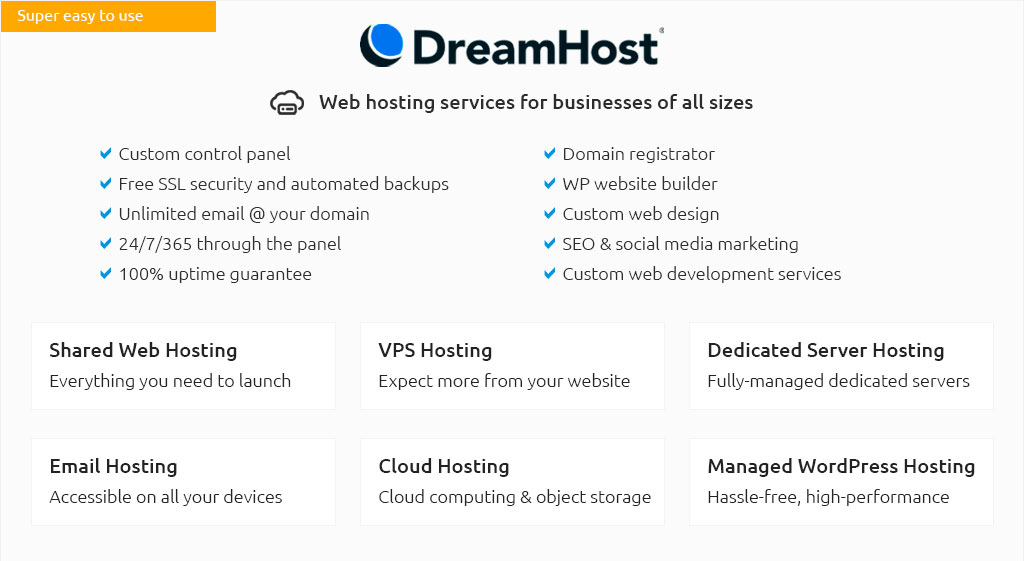 |
|||
 |
 |
 |
|
 |
|
 |
 |
 |
|||
 |
|||
 |
|||
 |
|||
 |
|||
 |
|||
 |
 |
Understanding VPS Servers with Multiple IP AddressesIn today's digital landscape, businesses and individuals are constantly seeking flexible, scalable, and secure hosting solutions to meet their ever-evolving needs. One such solution that has gained significant popularity is the Virtual Private Server (VPS) with multiple IP addresses. But what exactly does this entail, and how does it work? Let's delve into the intricate world of VPS hosting and explore the benefits and functionalities that multiple IPs can offer. A VPS server is essentially a virtualized environment that mimics a dedicated server within a larger physical server. This setup provides users with a dedicated portion of the server's resources, such as CPU, RAM, and storage, while maintaining cost-effectiveness. The magic of a VPS lies in its ability to offer the flexibility of dedicated hosting at a fraction of the price. Now, when we introduce multiple IP addresses into this equation, the possibilities become even more intriguing. So, why would one need multiple IPs on a single VPS? There are several reasons, each serving a unique purpose:
Setting up a VPS with multiple IPs requires a nuanced understanding of network configurations. Generally, the process involves purchasing additional IP addresses from your hosting provider and configuring them within your server's network settings. This configuration can vary based on the operating system and the hosting provider's specific infrastructure. It's crucial to follow best practices to ensure optimal performance and security, such as employing firewalls and regularly updating server software. While the benefits are manifold, it's worth noting that having multiple IPs can also introduce complexity. Each additional IP requires careful management, and without proper oversight, one might inadvertently create vulnerabilities or misconfigure settings, leading to potential disruptions. Therefore, it's advisable to have a knowledgeable team or a reliable hosting provider to assist with the setup and maintenance. In conclusion, a VPS server with multiple IP addresses presents a versatile and powerful solution for businesses seeking enhanced security, improved SEO, better email deliverability, and efficient traffic management. By understanding the underlying mechanics and potential pitfalls, one can leverage this technology to its fullest, ensuring that their online operations run smoothly and securely. As the digital world continues to expand and evolve, the role of VPS hosting with multiple IPs will undoubtedly remain pivotal, offering a bridge between cost-effectiveness and high-level functionality. https://www.blackhatworld.com/seo/need-hosting-advice-for-vps-with-multiple-ips.1507765/
Simply get a good web host with a VPS or dedicated server and ask them to allocate you a /27 IP block, that can be more cost effective and easy ... https://cloudzy.com/multiple-ips-vps/
A VPS is a virtual private server with its own primary IP address. Providers like Cloudzy offer additional IP addresses, different from the server's primary IP ... https://www.reddit.com/r/selfhosted/comments/18luzpc/cheapest_dedicated_server_with_multiple_ips/
I have used Online.net, Hetzner, OVH and Psychz as vendors. I have heard good things about Leaseweb and NFOrce, but have always been too cheap ...
|